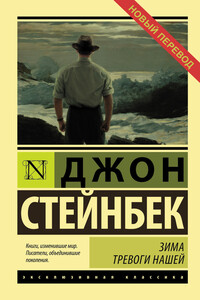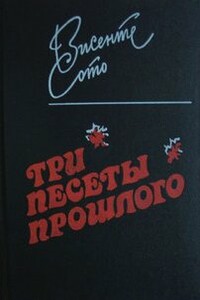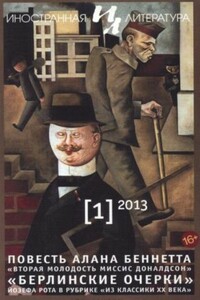Once there was a war | страница 5
When General Patton slapped a sick soldier in a hospital and when our Navy at Gela shot down fifty-nine of our own troop carriers, General Eisenhower personally asked the war correspondents not to send the stories because they would be bad for morale at home. And the correspondents did not file the stories. Of course the War Department leaked to a local newsman and the stories got printed anyway, but no one in the field contributed to that bit of treason to the War Effort.
Meanwhile strange conventional stories were born and duly reported. One of the oddest concerned the colonel or general in the Air Force whose duty required that he stay in reluctant comfort on the ground and who ate his heart out to be with his “boys” out on mission over Germany among the red flak. It was hard, stern duty that kept him grounded, and much harder than flying missions. I don’t know where this one started, but it doesn’t sound as though it came from enlisted personnel. I never met a bomber crew which wouldn’t have taken on this sterner duty at the drop of a hat. They may have been a little wild, but they weren’t that crazy.
Reading over these old reports, I see that again and again sentences were removed by censor. I have no idea what it was that was removed. Correspondents had no quarrel with censors. They had a tough job. They didn’t know what might be brought up against them. No one could discipline them for eliminating, and so in self-preservation they eliminated pretty deeply. Navy censors were particularly sensitive to names of places, whether they had any military importance or not. It was the safest way. Once when I felt a little bruised by censorship I sent through Herodotus’s account of the battle of Salamis fought between the Greeks and Persians in 480 B.C., and since there were place names involved, albeit classical ones, the Navy censors killed the whole story.
We really tried to observe the censorship rules, even knowing that a lot of them were nonsense, but it was very hard to know what the rules were. They had a way of changing with the commanding officer. Just when you thought you knew what you could send, the command changed and you couldn’t send that at all.
The correspondents were a curious, crazy, and yet responsible crew. Armies by their nature, size, complication, and command are bound to make mistakes, mistakes which can be explained or transmuted in official reports. It follows that military commanders are a little nervous about reporters. They are restive about people breathing down their necks, particularly experts. And it was true that many of the professional war correspondents had seen more wars and more kinds of wars than anybody in the Army or Navy. Capa, for example, had been through the Spanish War, the Ethiopian War, the Pacific War. Clark Lee had been at Corregidor and before that in Japan. If the regular Army and Navy didn’t much like the war correspondents there was nothing they could do about it, because these men were the liaison with the public. Furthermore many of them had become very well known and had enormous followings. They were syndicated from one end of the nation to the other. Many of them had established their methods and their styles. A few had become prima donnas, but not many. Ernie Pyle was so popular and so depended on by readers at home that in importance he much outranked most general officers.






